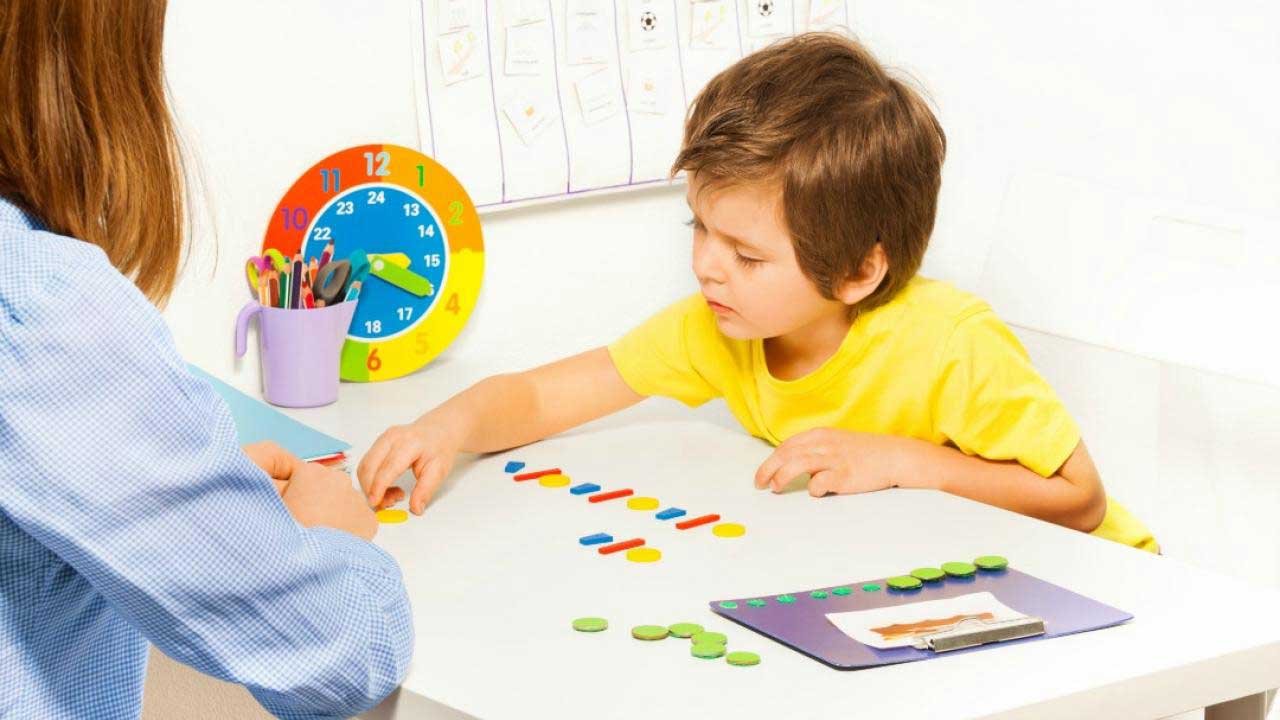Mild or severe, autism has a way of making ordinary childhood activities difficult. ASD brings with it a preference for routine and repetition, communication issues, and sensory challenges that can be tough to circumvent. That is why families might stick to the “known” instead of venture into the unknown where autistic-appropriate activities are concerned.
That said, even though children with autism don’t seem as curious or express as much interest in trying new things, it doesn’t mean you shouldn’t introduce them to these possibilities. Instead, you should treat their unique character as an opportunity to unveil methods and techniques that help them learn to the fullest. Incorporate some toys for children with autism here and there, and you should be able to navigate this path smoothly enough.
Choosing the Right Activity
There’s a vast assortment of games and hobbies that you and your autistic family member can enjoy together. Accommodations might be necessary in a few cases, but neither it nor autism itself should be an issue in most. In fact, autistic traits could even prove advantageous in some scenarios.
Comfort and Interest
Nevertheless, the setting and the chosen activity should both pique your child’s interest and be within their comfort zone. The appropriate activity should align with your child’s manner of play. They might be interested in activities of a more verbal nature, such as a trivia game, instead of something more physical, like hide and seek.

Parental or Guardian Participation
Wherever your child’s inclinations lie, try to join in. Though, remember you are there to follow your youngster’s lead and not to steer the game according to your preferences.
While it’s true that your manner of play is dictated by the rights and wrongs you’ve come to know about the activity, that doesn’t apply to an autistic child. In these circumstances, guidelines or directions don’t factor nearly as much as engagement and communication.
Interest Expansion
Although activities should initially be kept around your child’s comfort levels, that shouldn’t be the case down the road. It’s important to help your little ones discover that there is so much of the world they have yet to experience.
That said, you should still be methodical about the whole thing. Take cues from your child’s recent interests and work something up from that. For instance, if you notice them taking an interest in basketball or baseball, you can eventually take them to see a game at the local school.
The new environment might bring some challenges at first, but you could work around them in due course.
Fun
Last but definitely not least—have fun! At the end of the day, what matters most is you and your child have fun and build relationships.
Stress can be normal the first time you introduce an autistic child to a new game or activity. However, if stress is all you both end up experiencing no matter how hard you try, that’s probably not the activity for you.
Activities and Hobbies for Your Little One
These activities have become a hit for many families with autistic members. Though your inclinations may lean differently, these ideas should prove enough to stir your creative juices.
Legos
There’s a good chance your autistic child is a Lego fan because, let’s face it, many adults and children are in love with these plastic building bricks. Together, you and your little builder can create cities, visit Lego conventions, and see all the films in the Lego franchise. So many Lego-related activities to do, so little time.
Animation
You can’t deny that Japanese animation has become such a global phenomenon. From young children who can barely understand what they’re watching to the in-between majority and old-timers, everyone seems to be obsessed with these comic-inspired creations.
You and your youngster in the autism spectrum could develop as much love for this art as the next person. That is, if you aren’t already crazy about them, which would be no surprise in the least.
Anime can be a source of bonding moments galore. We don’t mean just watching them. You and your youngster can visit anime conventions, dress up as your favorite characters, read manga together, and so much more.
Swimming
Michael Phelps, one of the most decorated Olympians of all time, has a learning disability. He is a world-class swimmer with ADHD, which is not in the autism spectrum but related to ASD in many ways nonetheless.
Your child doesn’t have to be a world-class swimmer, or any swimmer, for that matter, if he doesn’t want to. In fact, whether or not your child is technically swimming doesn’t matter, either. All that matters is your child and you have fun in the water.
There’s Endless Entertainment To Be Had
When you really know your child and have established a bond with them, then activities you both enjoy will come naturally. It can be an actual activity or one both of you made up; the possibilities are endless.

